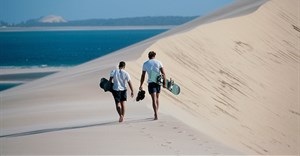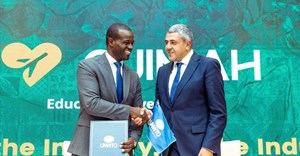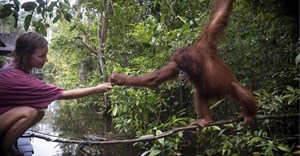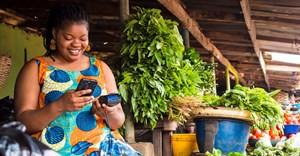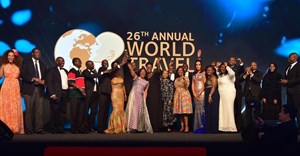
Subscribe & Follow
Jobs
- Mid-level SEO Specialist Cape Town
- Human Resources Manager Durban
- Chief Marketing Officer (CMO) Cape Town
- German Speaking Travel Consultant Cape Town
- Sales Executive - Junior to Intermediate Johannesburg
- Sales Specialist - Global Travel Cape Town
- Group Travel Account Manager South Africa
- Customer Service (UK Company) Work from Home Work From Home
We all have a role in promoting accessible tourism
It is about creating environments that cater for all our needs, be it financial, mental or physical, whether short or long term. This also includes all genders and ages from the young children to the youth, middle aged and even those in their ripe ages. We all have that globetrotter spirit in us that should not be hindered by inaccessibility for one reason or the other.
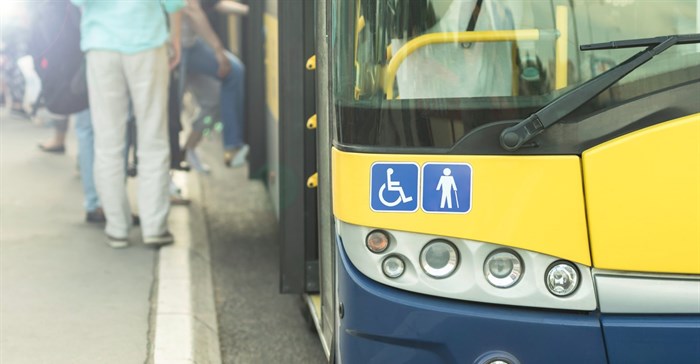
So then, what role do we play as stakeholders in the tourism industry - be it individuals, governments, hospitality organisations, hotels and restaurants as well as travel agents - in fostering accessible tourism?
Many times we look on and wait for ‘others’ to take action, not embracing the fact that alone we go fast but together we go far. Planet Earth has awe-inspiring beauty and cultural diversity that every human being has a right to experience. Improved accessibility will pave the way to achieving inclusion in a sector Nelson Mandela once referred to as “a peace industry - one that promotes contact between peoples and cultures. It has the capacity to play a strategic role in development, and therefore in entrenching the peace”.
Travel destinations need take up the responsibility of inclusion by providing accessible facilities that are accommodating to people with all kinds of challenges. By doing so, they will also be placing themselves at a competitive end, in a market that in most cases tend to leave out persons with disabilities. While fully booked during the high seasons, accommodation facilities that promote accessible tourism are assured of being booked solid in the low seasons as well since travellers with challenged mobility usually tend to travel in low seasons to avoid congestion and scrambling for amenities in peak season. Besides, the fact that they are more often accompanied while traveling is a plus in revenue for accommodation facilities.
Disability is not inability
Universal accessibility brings immense benefits to the society and its members, thus calls for a change in the ethos the present community has embraced that tends to practice seclusion of persons with disabilities. Remember, we are all abled differently and, then again, disability is not inability. Governments, as well as the private sector’s establishment of accessible infrastructure, will go a long way in providing equal chances to all travellers to explore just as much as they may wish, without feeling restricted in any way.
Easy access to government offices to acquire travel documents, accessible facilities in airports and other transport terminals, provision of services that account for all human conditions to meet the market demand, are altogether good practices in the accessible tourism supply chain.
Major strides have been made including the use of technology in a bid to promote universal accessibility. However, we still cannot completely pride ourselves in fully enabling people of all physical diversity including mobility, hearing, vision and cognitive ability; to function with dignity, equality, and independence while accessing tourism facilities, products, services and unique experiences tailored to their needs in every environment and setup. Echoing Samuel Johnson, “The use of travelling is to regulate imagination with reality and instead of thinking of how things may be, see them as they are.”











